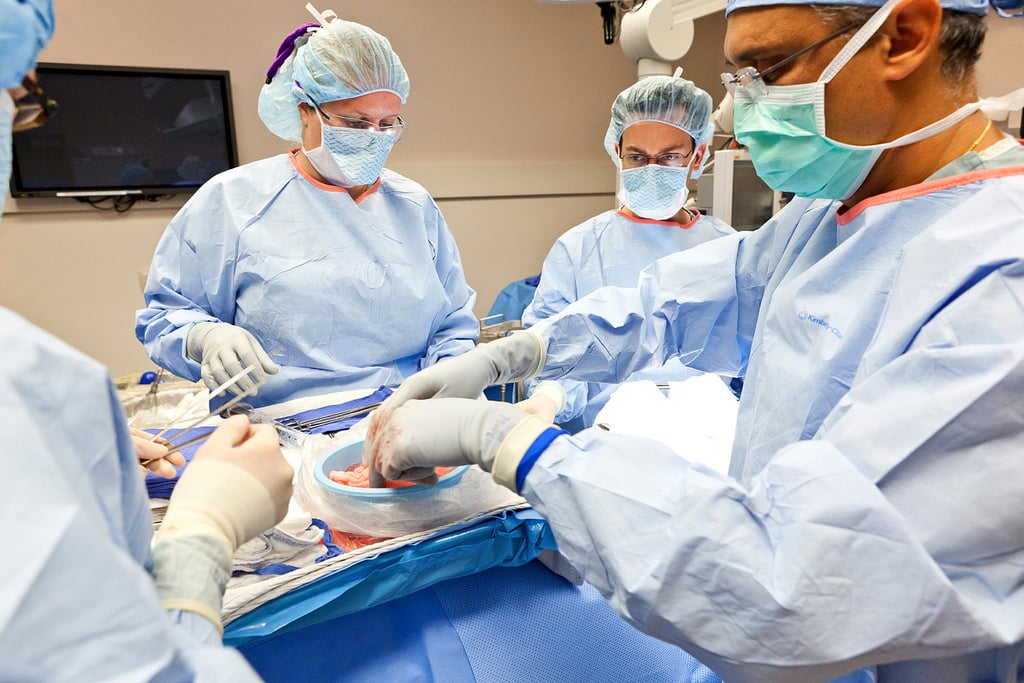Too many people die each year waiting on organ transplant lists, but a new technique could increase the number of available, viable organs. The technique, developed at Harvard, “supercools” the organ while pumping it full of nutrients and oxygen, making it last up to three times longer. That can save a lot of lives.
Currently organs are only considered viable for 24-hours after being harvest from a body. Supercooled organs harvested from animals for the study have shown to be viable for up to three days. The extra time could go a long way to solve one of the major problems with organ donation, getting a donated organ to a recipient in time.
The study was published today in Natural Medicine by a team from Harvard Medical School. The study looked at livers harvested from rats, and though promising, further research will be needed to determine if the technique can be applied successfully to human organs with the same benefit.
(Harvard Medical School via The BBC, image via North Dakota National Guard)
- At least one doctor thinks head transplants are within reach
- Human liver buds have been successfully grown from stem cells
- FDA is causing poop transplants to get all backed up
Are you following The Mary Sue on Twitter, Facebook, Tumblr, Instagram, & Google +?









Published: Jun 29, 2014 06:23 pm